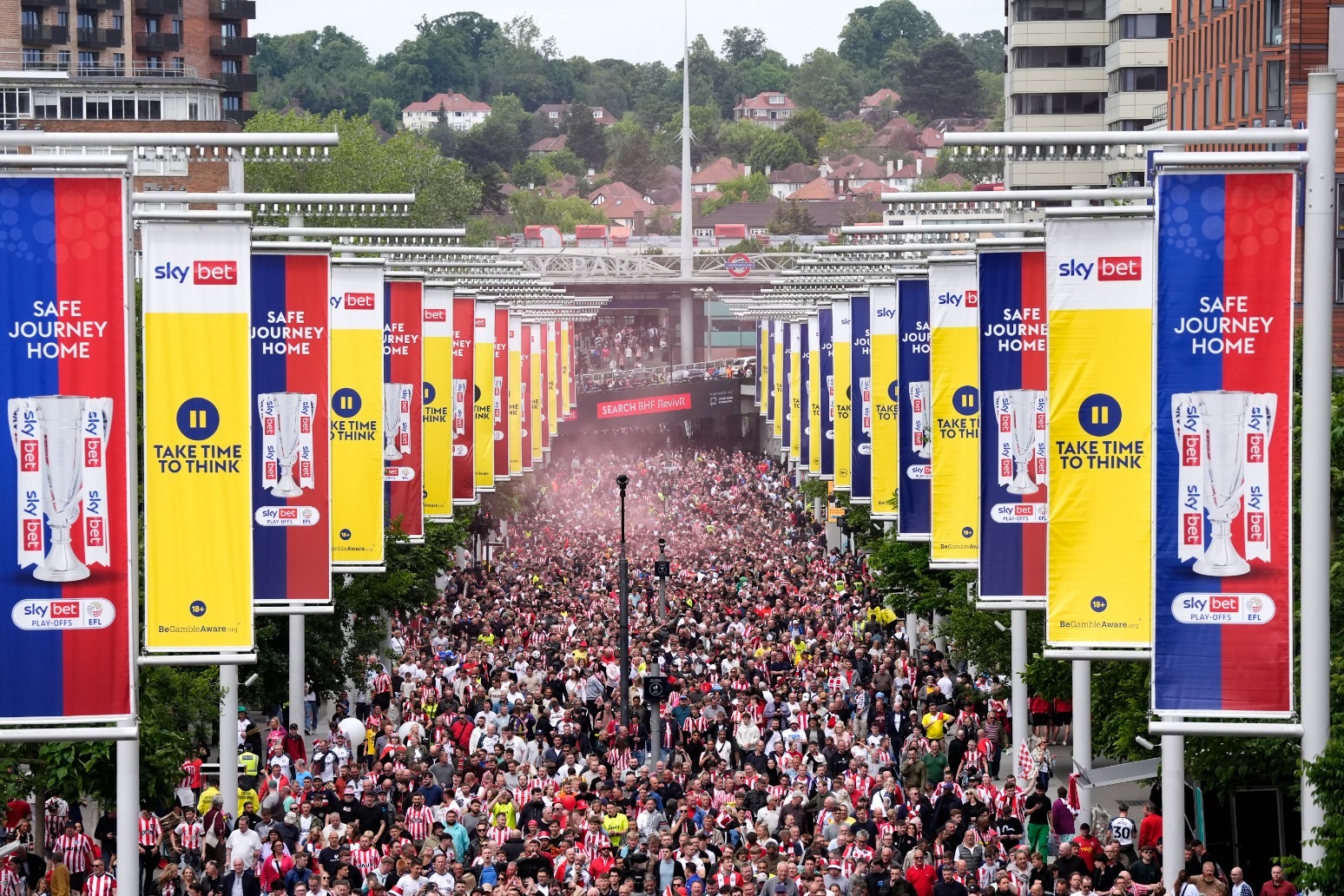
It will be paid in three instalments to about eight million households on means-tested benefits
A Bill which will hand millions of people £900 in cost-of-living payments has cleared the House of Commons.
The Social Security (Additional Payments) (No.2) Bill received an unopposed third reading and it will now undergo further scrutiny in the House of Lords.
It provides for a £900 cost-of-living payment to be paid in three instalments to about eight million households on means-tested benefits and £150 for individuals on disability benefits.
Shadow work and pensions secretary Jonathan Ashworth said the extra support was welcome, but “so much more needs to be done to give our constituents a better chance”.
“There are fundamental problems with the social security system, where our safety net is ever more threadbare and there is ever more desperate need and hardship in our communities,” he told the lower chamber.
At committee stage, MPs made a few unsuccessful attempts to amend the Bill, with the Liberal Democrats urging the Government to make all the cost-of-living payments “no later than April 1, 2023″.
Lib Dem work and pensions spokeswoman Wendy Chamberlain said: “Additional support for struggling families is much welcomed. And I’m pretty sure there won’t be anyone across this House who would oppose more help than the help that is being provided through this Bill.
“But what my amendment seeks to do is to make sure the struggling families get that support now, rather than having to wait.
“It has been a long, cold winter. We are looking at another cold snap this week. It certainly isn’t over yet.”
Meanwhile, SNP social justice spokesman David Linden moved an amendment intended to ensure that, in respect of universal credit, payments under the Bill are not denied to a person who is subject to a benefit sanction.
He said: “It is vastly unfair to claimants to deny them the lifeline of a cost-of-living payment for a mistake as minor as being late to an interview at the jobcentre.”
Meanwhile, Tory former minister Sir Bob Neill urged the Government to “think again” and ensure the variable income of self-employed workers does not leave them excluded from receiving the cost-of-living payments.
Sir Bob, who chairs the All-Party Parliamentary Group for opera, said: “I don’t believe that ministers are looking to treat people unfairly, but I genuinely think there’s a lack of understanding in the way the self-employed system works, and the degree to which fluctuating incomes are not captured by the scheme as currently devised.
“And that’s why I’m urging the Government to think again about this and to review the position.”
Calling for the Government to review the Universal Credit minimum income floor, he said: “The difficulty is if you’re in the theatre, you may well have periods where you are busy and above the threshold for any benefits, but there may be weeks and months when you’re not getting paid and the system does not pick this up.”
In relation to the Liberal Democrat amendment, work and pensions minister Mims Davies said “making all cost-of-living payments by April 1 does not support the Government’s ambition to spread the support through 2023 into 2024″.
She added: “The dates set out in clause one are backstop dates, meaning the latest possible qualification dates that could be set out in regulations, and bringing these dates forwards could not achieve the desired effect of the amendment.”
Speaking at third reading, she said of the Bill: “This hugely important piece of legislation lays the foundations for cost-of-living payments to millions of households.
“It underpins this Government’s commitment to supporting people across the country who we know are facing increased financial pressures over the next year.”
Published: by Radio NewsHub














